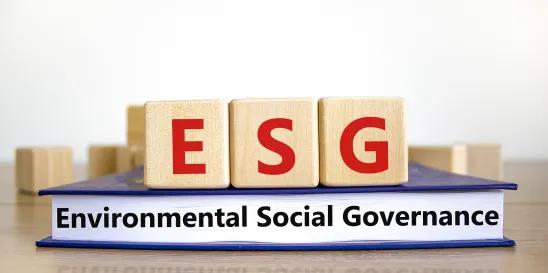On 5 February 2024, the EU Council and the EU Parliament agreed on a provisional text for the ESG Ratings Regulation (the Regulation).
Under the Regulation, in-scope EU providers of ESG ratings will require a licence from, and be supervised by, European Securities and Markets Authority (ESMA).
In-scope ESG ratings will provide an opinion on a company’s or a financial instrument’s sustainability profile, by assessing its exposure to sustainability risk and its impact on society and the environment.
The Regulation imposes certain operational requirements such as rules relating to the methodology for ratings and certain disclosure requirements. It provides for the possibility of issuing separate E, S and G ratings. If only a single rating is issued, the weighting of the E, S and G factors will need to be stated.
Non-EU rating providers wishing to operate in the EU will need to have their ESG ratings endorsed by an authorised EU ESG rating provider. An EU Commission equivalence decision in relation to their country of origin may also give third country providers access to the EU. Until the EU Commission has adopted such decision small rating providers (annual turnover below €12 million) outside the EU may alternatively seek recognition by ESMA if they apply the Regulation’s requirements (other than the endorsement requirement).
The most recent negotiations focused on ESG ratings that regulated financial market participants (eg. asset managers) prepare on their own and for their products. Currently certain disclosure obligations, and a revision to the Sustainable Finance Disclosure Regulation, are envisaged.
The ESG Ratings Regulation, which remains subject to the formal approval of the EU institutions, is expected to apply in the second half of 2025.
Our blogs here, here, and here comment on recent approaches to the same issue in the UK, Australia, and Hong Kong. And ICMA’s voluntary code of conduct for ESG ratings providers is discussed here.





 />i
/>i

